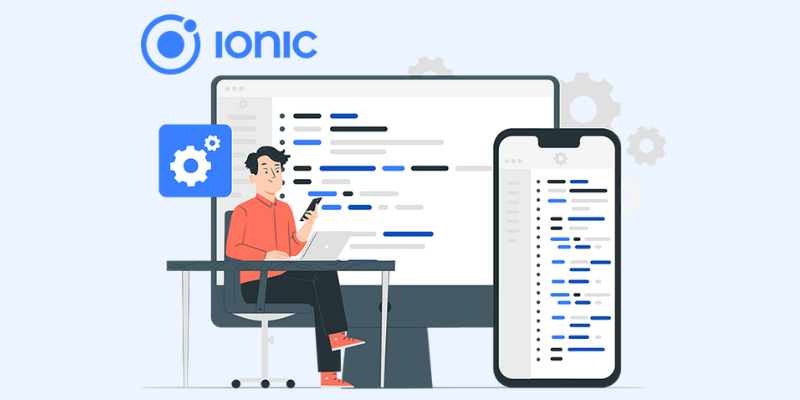Ionic, a popular open-source framework for building cross-platform mobile applications using web technologies like HTML, CSS, and JavaScript, has gained significant traction among developers for its ease of use and flexibility. However, like any other framework, ensuring optimal performance in Ionic apps is crucial for delivering a smooth and responsive user experience. For those seeking to enhance their skills and expertise in Ionic development, enrolling in reputable Ionic Training in Chennai offered by FITA Academy can provide valuable guidance and resources on performance optimization and other essential aspects of app development. In this blog, we will explore the best practices for enhancing performance in Ionic apps, from optimizing code and assets to implementing efficient rendering and data management techniques.
Code Optimization and Minification
Optimizing and minifying code can significantly reduce the size of JavaScript files, leading to faster download and parsing times. Minification removes unnecessary characters and whitespace from code, while optimization techniques such as tree shaking help eliminate unused code, resulting in smaller bundle sizes.
Lazy Loading for Improved Loading Times
Lazy loading involves loading modules or components only when they are needed, rather than upfront during app initialization. Implementing lazy loading in Ionic apps can reduce initial load times and improve perceived performance, especially for larger applications with multiple screens.
Optimizing Images and Assets
Optimizing images and other assets for the web is essential for reducing file sizes and improving load times in Ionic apps. Techniques such as compression, resizing, and using modern image formats like WebP can help minimize download times without compromising quality. For developers seeking to master these optimization techniques and enhance their Ionic development skills, enrolling in an Ionic Online Course can be immensely beneficial.
Reducing HTTP Requests with Data Caching
Minimizing the number of HTTP requests can significantly improve performance in Ionic apps. Implementing data caching strategies, such as storing frequently accessed data locally or using browser caching mechanisms, can reduce network latency and enhance app responsiveness.
Implementing Virtual Scrolling for Large Lists
Virtual scrolling is a technique used to render only the visible items in a list, rather than the entire list, which can improve rendering performance, especially for long lists with dynamic content. Ionic provides built-in support for virtual scrolling, making it easy to implement in your apps.
Ensuring optimal performance is essential for delivering a seamless and responsive user experience in Ionic apps. By following best practices such as code optimization and minification, lazy loading, image and asset optimization, reducing HTTP requests, implementing virtual scrolling, and continuously monitoring and optimizing app performance, developers can create high-performance Ionic apps that delight users and stand out in the crowded app market. For individuals interested in mastering Ionic development, enrolling in a reputable Training Institute in Chennai can provide valuable guidance and resources to enhance their skills and expertise in building high-performance Ionic apps.
